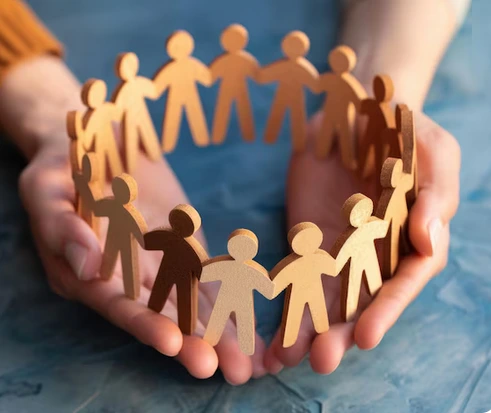
Social Work in Iran: A Comprehensive Overview
Social work in Iran, while rooted in Islamic and traditional values of charity and mutual support, has evolved into a professional discipline over the past century.
This evolution reflects the nation’s changing socio-economic landscape and a growing recognition of the need for structured, scientific approaches to address social issues. Social work in Iran operates within a complex framework, involving both governmental and non-governmental organizations, and addresses a wide array of challenges from poverty and addiction to family disputes and disabilities.
Historical Context and Professionalization
The formalization of social work in Iran can be traced back to the mid-20th century. In 1957, the first School of Social Work was established in Tehran by Dr. Sattareh Farmanfarmaian, a pioneering figure who introduced modern social work principles to the country.
This marked a significant shift from informal, charity-based aid to a professional, academic field. The curriculum was designed to be culturally relevant, blending Western methodologies with Iranian social realities and Islamic values.
After the 1979 Revolution, while the profession faced some initial challenges, it was eventually integrated into the new state’s welfare system, leading to the creation of key governmental bodies.
Key Governmental and Non-Governmental Organizations
The landscape of social welfare in Iran is dominated by two major governmental organizations, along with a growing number of NGOs.
- The State Welfare Organization of Iran (SWO), known in Persian as Behzisti, is the primary state body responsible for social welfare services. It provides a wide range of services, including support for the disabled, rehabilitation for addicts, child welfare, and family counseling. Social workers at SWO are involved in case management, counseling, and community-based interventions. They work with vulnerable populations to assess needs, develop service plans, and facilitate access to resources.
- The Imam Khomeini Relief Foundation (Komiteh-ye Imdad-e Imam Khomeini) is another major entity focusing on poverty alleviation. While its roots are in a religious foundation, it functions as a comprehensive support system for low-income families. Social workers here help identify individuals in need, provide financial assistance, and offer support for education, housing, and employment. Their role often involves home visits and long-term empowerment programs.
- Non-Governmental Organizations (NGOs): In recent years, a vibrant NGO sector has emerged, filling gaps left by state organizations. These NGOs often specialize in specific areas such as environmental issues, women’s rights, child labor, and support for marginalized communities. Social workers in these organizations have the flexibility to innovate and create specialized programs that are often more community-centric and tailored to specific needs.
Core Activities of Social Workers
Social workers in Iran engage in a diverse range of activities, employing a mix of direct practice and policy advocacy.
- Individual and Family Counseling: This is a fundamental activity, where social workers assist individuals and families in navigating complex personal and social issues. This includes marital and family therapy, addiction counseling, and support for victims of domestic violence.
- Community Development: Social workers play a crucial role in mobilizing communities to address local problems. This involves needs assessments, organizing community members, and facilitating projects such as building local schools, establishing micro-enterprises, or creating support networks for the elderly.
- Policy Advocacy and Research: Many social workers are involved in research to understand social problems and advocate for policy changes. They work to influence legislation related to child protection, disability rights, and poverty reduction, ensuring that laws are inclusive and effective.
Challenges and Future Outlook
Despite its progress, the field of social work in Iran faces several challenges. These include economic pressures that increase the number of people in need, bureaucratic inefficiencies in some state organizations, and the need for more specialized training for social workers in areas like mental health and crisis intervention.
However, the future of social work in Iran appears promising. There is a growing emphasis on evidence-based practice and a recognition that social workers are crucial for building a resilient society. With the increasing professionalization of the field, and the continuous efforts of dedicated individuals and organizations, social work in Iran is poised to play an even more vital role in addressing the nation’s social challenges.


